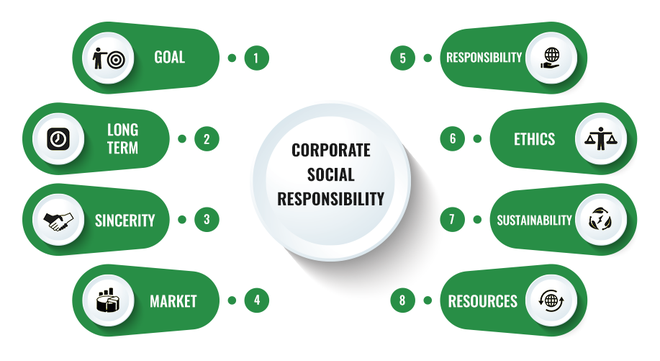Corporate Social Responsibility
CSR for School Healthcare
What is CSR - Corporate Social Responsibility for School Healthcare
Corporate Social Responsibility (CSR) initiatives in the field of School Healthcare plays a important part in progressing the Healthcare and wellness of Students with academic success of students. By Introducing these camps at Schools we are address the healthcare needs of students, School Administrators can contribute to creating healthier and more productive Education Industry.


Why Choose CSR – NGO / School Healthcare
- Health Equity: Health matters to every child whether they are from family or a NGO. By focusing on school healthcare, Corporate Social Responsibility initiatives can help bridge this gap and ensure that all children, regardless of their socio-economic background, have access to essential health services.
- Early Intervention: Schools provide a convenient and accessible platform for delivering healthcare services to children. Early detection and intervention for health issues can prevent them from worsening and improve long-term health outcomes.
- Educational Impact: By promoting healthcare in schools, CSR initiatives contribute to creating a conducive learning environment by reducing absenteeism due to illness and improving overall student well-being.
Corporate Social Responsibility activities for healthcare for children
CSR activities for child healthcare requires a multifaceted approach that addresses various aspects of child health and well-being. Here are some activities that can be included in a CSR program focused on healthcare for children:
Why CSR to Society
Corporate Social Responsibility (CSR) is essential for society for several reasons:
CSR enables businesses to contribute to addressing social and environmental challenges faced by society, such as poverty, inequality, environmental degradation, and access to healthcare and education. By leveraging their resources, expertise, and influence, companies can play a significant role in driving positive social change.
CSR promotes sustainable development by encouraging businesses to operate in a manner that balances economic growth with social and environmental considerations. Companies that integrate sustainability principles into their operations contribute to long-term societal well-being and environmental preservation.
Engaging in CSR initiatives helps build trust and credibility among stakeholders, including customers, employees, investors, and communities. Companies perceived as socially responsible are more likely to attract and retain customers, attract top talent, and maintain investor confidence, thereby enhancing their reputation and competitiveness.
CSR activities help companies identify and address social and environmental risks associated with their operations. Proactively addressing these risks not only reduces negative impacts on society but also enhances business resilience by safeguarding against potential reputational damage, regulatory scrutiny, and operational disruptions.
CSR promotes ethical business practices by encouraging companies to uphold principles of transparency, accountability, and integrity in their operations. By adhering to ethical standards and promoting responsible business conduct, companies can contribute to building trust and confidence in the business community.

